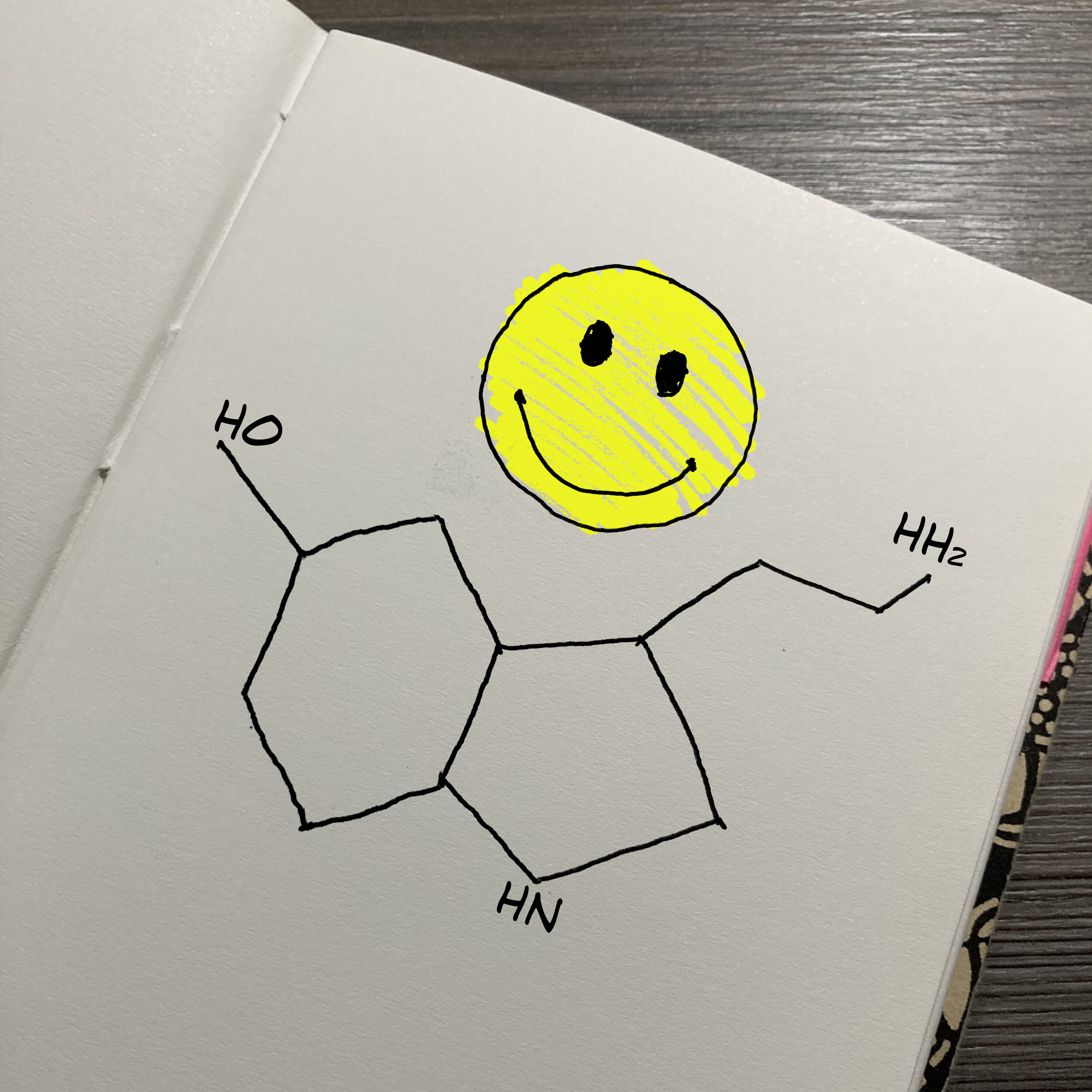Happy Hormone
I often use the analogy of “you cannot put petrol in a Diesel engine and expect it run as intended” when I talk about nutrition. The reality is it won’t work at all and will cost a lot of money to fix.
Now let’s take this analogy and apply it to the human body. The type of fuel (food and drink) you consume through your nutrition has a direct affect upon how your body will perform and feel. This is physically as well as emotionally.
If you feed your body with poor quality fuel your body will cough and splutter like an old banger chugging along the road! In addition, poor nutrition contains ingredients that the body cannot process, that harm the body and create damage.
At the other end of the spectrum, good nutrition containing high-quality ingredients contain the vitamins, mineral and antioxidants to maintain and protect the body’s organs together with the brain and its functions. Diets high in refined sugars harm the body and brain, creating a reduced ability to regulate insulin levels and increasing episodes of mood swings and symptoms of depression.
Today we are seeing a lot of research into nutritional psychiatry and there is significant evidence between what we eat and how we feel.
How’s your ‘happy hormone’ levels?
Serotonin is a hormone. It’s a chemical that is released from a nerve cell, this in turn facilitates an impulse from one nerve cell to another nerve, muscle, organ, or any other type of tissue. It’s function is a neurotransmitter. Serotonin is a hormone that we produce almost all of what we need from within our body through the processes carried out with in the gastrointestinal system. Very simply, the better quality food we put into the digestive system the higher quality and quantity of the serotonin production. Result a happier you!
To encourage the good levels of serotonin you need to eat the right diet. Studies show that the type of nutrition that helps are the traditional mediterranean and Japanese style diets which have shown to result in up to 35% less risk of depression. These diets are natural foods sources, higher in vegetables and fruit, fish and seafood, modest amounts of lean meat and dairy product and most notably, have an absence of refined foods and sugars.
Try cutting out processed foods and refined sugars. Keep a log of how you feel both physically and mentally. Reintroduce slowly and test where you are susceptible to foods that may interfere with your ‘happy hormone’.
Here are some healthy eating habits that may lead to an increase in emotional wellbeing and feelings go happiness. They are in no particular order, just do as much as you can:
Avoid skipping meals, in particular breakfast as this can lead to lower levels of blood sugars that will leave you feeling weak and tired, and usually a bit grumpy.
Stay away from refined sugars and carbs. High volume of processed foods, especially carbohydrates such as cakes and bread or wheat based products will cause blood sugar levels to fluctuate rapidly leading to low energy and irritability.
Avoid cutting out entire food groups. Variety in your diet will provide the widest access to the much needed vitamins and minerals our body needs. A lack of these is show to be associated with decreased energy and worsening mood swings.
Focusing on the positive, actively practice simple things like more regular eating habits, up you intake of omega-3 rich foods such as fish, drink plenty of water and ensure each meal has the right amount of protein content.
Most importantly, exercise regularly and maintain a healthy body weight.
There is a growing amount of information, and research becoming available at the moment. If you are interested do some research.
Getting good habits into your nutrition and lifestyle are a great way to promote a positive and healthy emotional well-being.
Andy
CrossFit Ickenham
STRENGTH IN COMMUNITY
